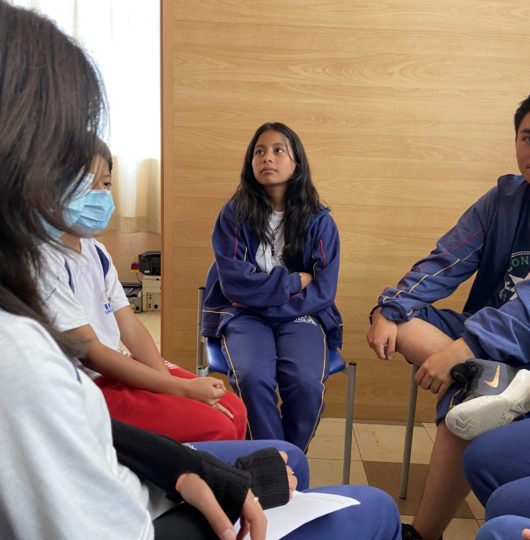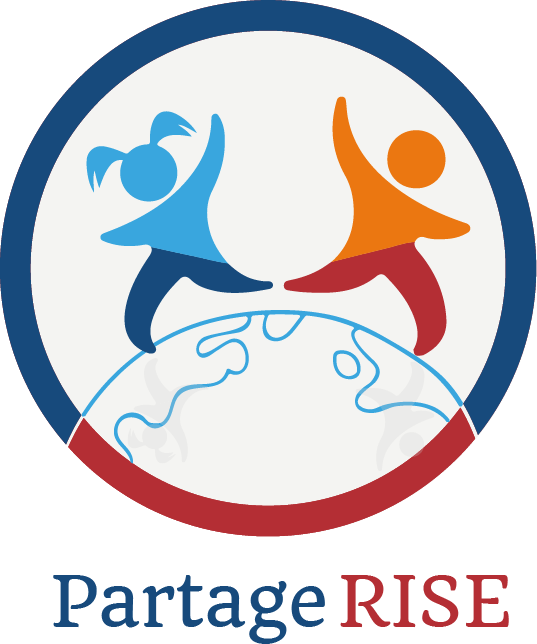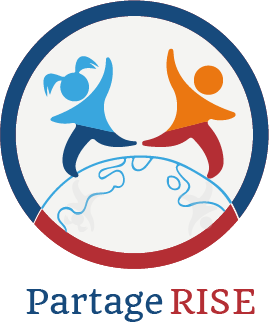What are children’s rights? This was the central theme of a workshop organized with children and teenagers from grades 5 to 12. The aim of the workshop was to reflect on the importance of children’s and teenagers’ rights, and to analyze the responsibilities they entail.
We started with a little dynamic to get to know each other. The teacher in charge, Andy Rosero, asked each student which animals we found in the different ecosystems. This helped motivate the children and teenagers to participate and prepare for the workshop. The teacher opened the floor to discover what the children knew about human rights. They listed some of them, including the right to life and security, the right to a good education, the right to health and the right to a nationality.
They were then asked what responsibilities accompanied these rights, to which the students responded: “we have to make an effort at school”, “we have to eat healthily and exercise”, “we have to take care of young students”. There was active and motivated participation from all those involved in the process: students and teachers alike.
After watching a short video explaining and illustrating the construction of children’s rights, their importance and what they are, three working groups were set up, each creating a short poem with a specific theme:
– Why is it important to commemorate the Convention on the Rights of the Child?
– INEPE and respect for the rights of children and adolescents.
– Are children’s rights respected in my country?
It was exciting to see the camaraderie that existed between all the students who took part in the workshop. The younger students asked questions and contributed ideas and verses, while their older peers coordinated the development of each artistic piece.
Finally, the three poems were pooled during a plenary session, in order to bring them together and produce a single work to conclude the workshop. This activity gave rise to a number of motivations for the students, not least the desire to recreate the workshop with their classmates and referee.
Creating participatory spaces with a sense of reflection and belonging is one of the fundamental pillars of INEPE’s educational and community experience, to help train children and teenagers in critical and self-critical thinking, social responsibility and proposals.



